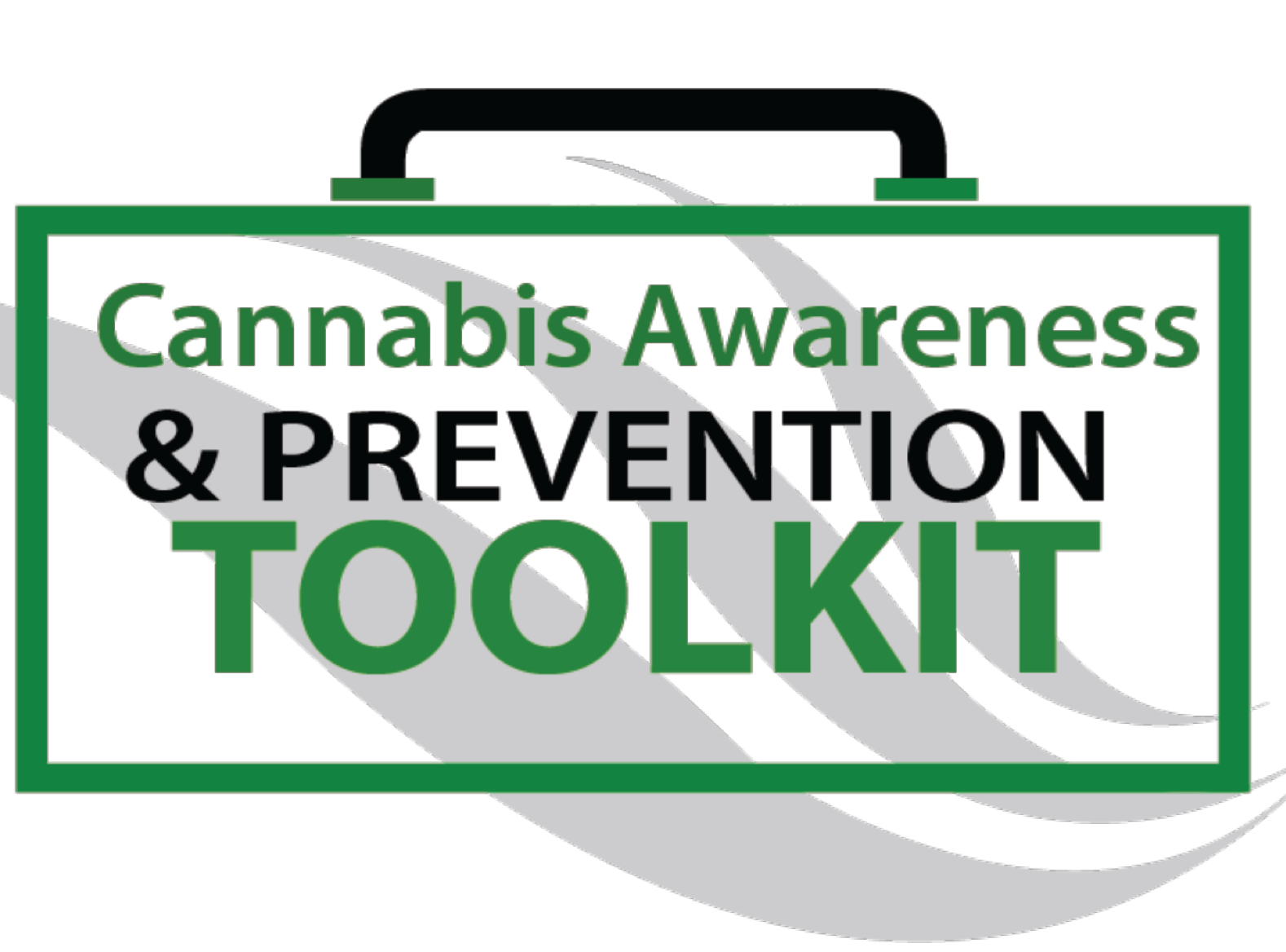 THE CANNABIS AWARENESS & PREVENTION TOOLKIT
THE CANNABIS AWARENESS & PREVENTION TOOLKIT
A Cannabis Prevention Toolkit. That should be easy, right? After all, marijuana/cannabis is reefer madness, or spiritual enlightenment
And therein lies the dilemma that was faced by our team in developing this Cannabis Awareness and Prevention Toolkit. It is not a black and white story, but one of many grays. Marijuana/cannabis use is very nuanced.
The overwhelming global success of our Tobacco Prevention Toolkit was immediately, as in within minutes, followed by, “But we also desperately need a marijuana prevention toolkit.”
The Cannabis Awareness & Prevention Toolkit (CAPT) is a theory-based and evidence-informed educational resource created by educators and researchers aimed at preventing and delaying middle and high school students’ use of marijuana/cannabis for those who do not use (80% of youth across the US), and to encourage those who are using (about 20%) to cut back and/or quit.
Using the Cannabis Awareness & Prevention Toolkit
The Cannabis Awareness & Prevention Toolkit is an educational resource that can be adapted to fit the individual needs of educators and students in all types of settings, including elementary, middle and high schools; community-based organizations; and health-related agencies.
Educators are encouraged to pick and choose which lessons will be most useful for their students and adapt activities to suit their needs. You will find that the PowerPoints, worksheets, and activities can all be altered as desired. Please also review the Crash Courses included in certain modules for more information for educators and parents, and please see the Resources section that provides additional information and websites that are relevant to educators, parents, youth, and others who are interested.
Goals of the Cannabis Awareness & Prevention Toolkit
1. Learn basic information about all marijuana/cannabis products;
2. Understand how their brain develops, and how marijuana/cannabis influences this development;
3. Identify ways of how using marijuana/cannabis can interfere with the development of life skills all adolescents need to be learning now;
4. Process how using marijuana/cannabis can get in the way of finding out what can bring them pleasure;
5. Explore who they are and what they like, as alternatives to marijuana/cannabis use;
6. Learn why and how some people (1 in 6 youth) can become addicted to marijuana/cannabis;
7. Continue not to use marijuana if those who currently do not use marijuana/cannabis;
8. Consider decreasing, delaying, or stopping the use of marijuana/cannabis for those who are current marijuana/cannabis users;
9. Gain refusal skills to address peer pressure of experimentation and use of marijuana/cannabis.
Click the logo for more information and the link to the Cannabis Toolkit homepage.



